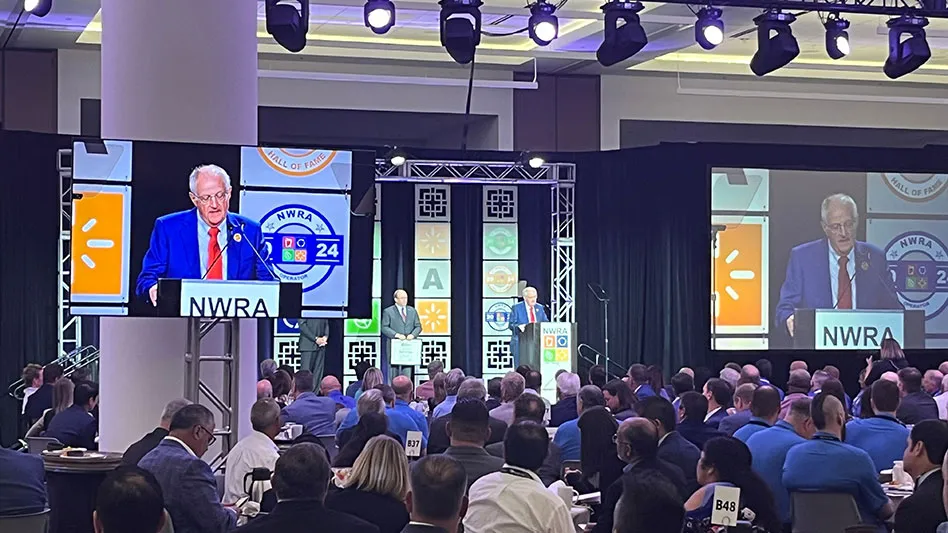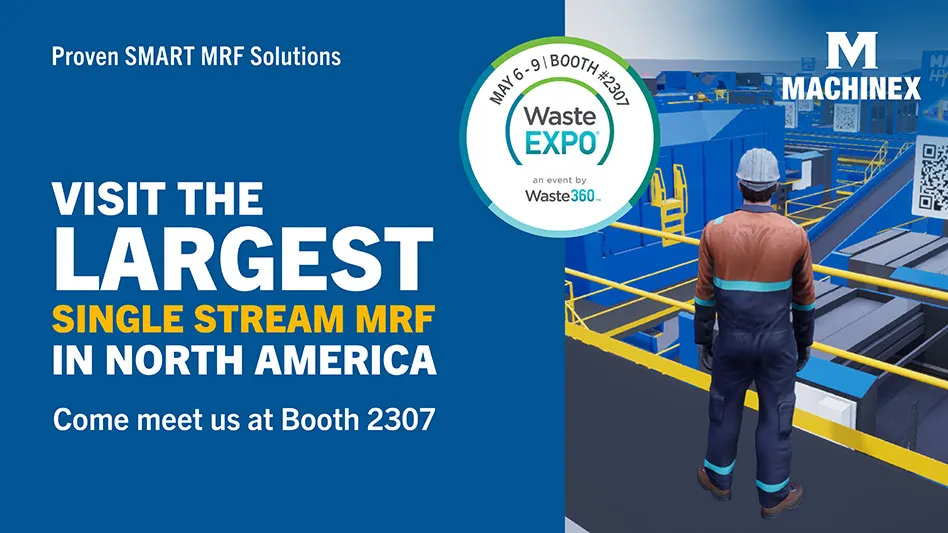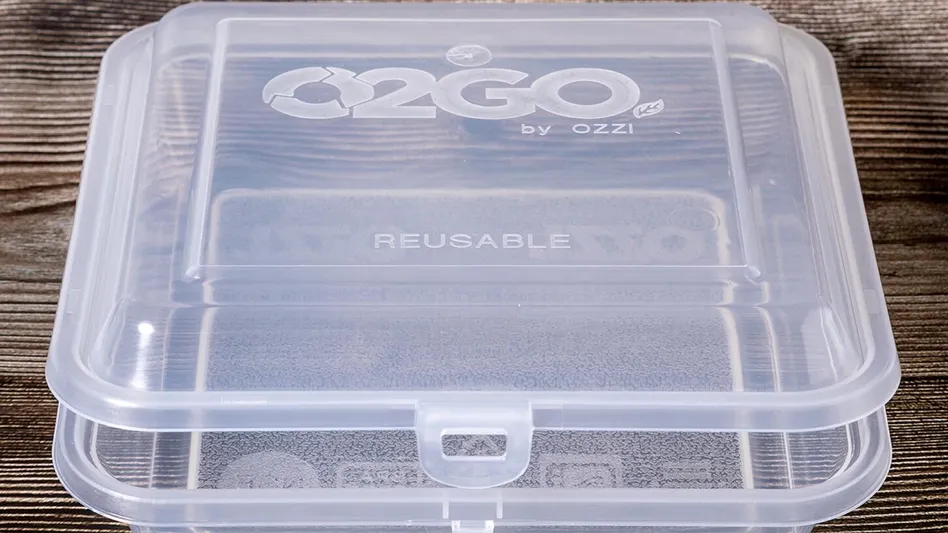
In partnership with Allentown, Pennsylvania-based Energy Power Partners (EPP), the Cumberland County Improvement Authority (CCIA) has installed a leachate evaporation system from Heartland Water Technology at the authority’s Solid Waste Complex in Millville, New Jersey.
The new system, called the Heartland Concentrator, is a process that uses the hot exhaust from a power plant for evaporation to create an energy efficient cogeneration solution.
Since 2008, EPP has owned and operated a 4.8-megawatt landfill gas-to-energy plant at the CCIA Solid Waste Complex. The CCIA provides the landfill three gas-to-fuel engines that produce approximately 20 million kilowatt-hours, enough electricity to power 1,600 homes.
Although this project reduces annual emissions by 15,00 tons of carbon dioxide, the CCIA sought to further reduce greenhouse gas (GHG) emissions and create economic value by using cogeneration to treat its landfill leachate.
Currently, the Solid Waste Complex treats on average 100,000 gallons per day of leachate using a membrane technology called reverse osmosis (RO). However, the RO process creates 30,000 gallons per day of highly concentrated leachate that still must be trucked offsite for disposal.
By evaporating this leachate concentrate with the new Heartland system, the authority will eliminate GHG emissions and environmental risks associated with nearly 1,500 truckloads per year that were previously hauling leachate offsite, saving the county thousands of dollars per year.
“The [CCIA] understands and values its founding mission and objective to provide an environmentally safe and effective solid waste program to county residents,” says Gerard Velazquez III, president and CEO of the CCIA. “The ability to implement these programs while creating environmentally friendly and sustainable systems is integral to the ongoing operations of the authority and its energy partners.”
Joseph Derella, director of the Cumberland County Board of Commissioners, adds, “The authority is proving that innovative green technology not only improves our environment through the reduction of greenhouse gases, but it also is the engine that will drive the economy of the future, a future that has arrived in Cumberland County.”
Latest from Waste Today
- Delos and Silverfern Group complete sale of Pioneer Recycling Services
- Simplified Environmental Solutions adds 2 locations
- Glass Recycling Foundation awards $150K in grants
- Kent County, Michigan, opens new transfer station
- GFL reports revenue increase in first quarter
- Bioenergy Devco honored at SEAL Awards
- AMCS showcasing Performance Sustainability Suite at WasteExpo
- New Way and Hyzon unveil first hydrogen fuel cell refuse truck





